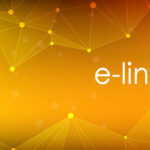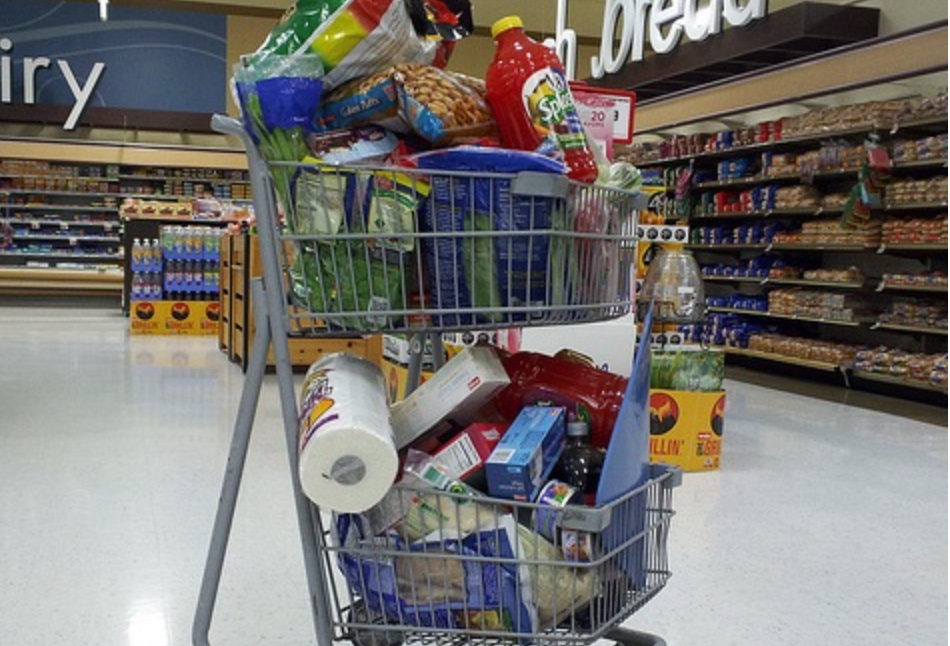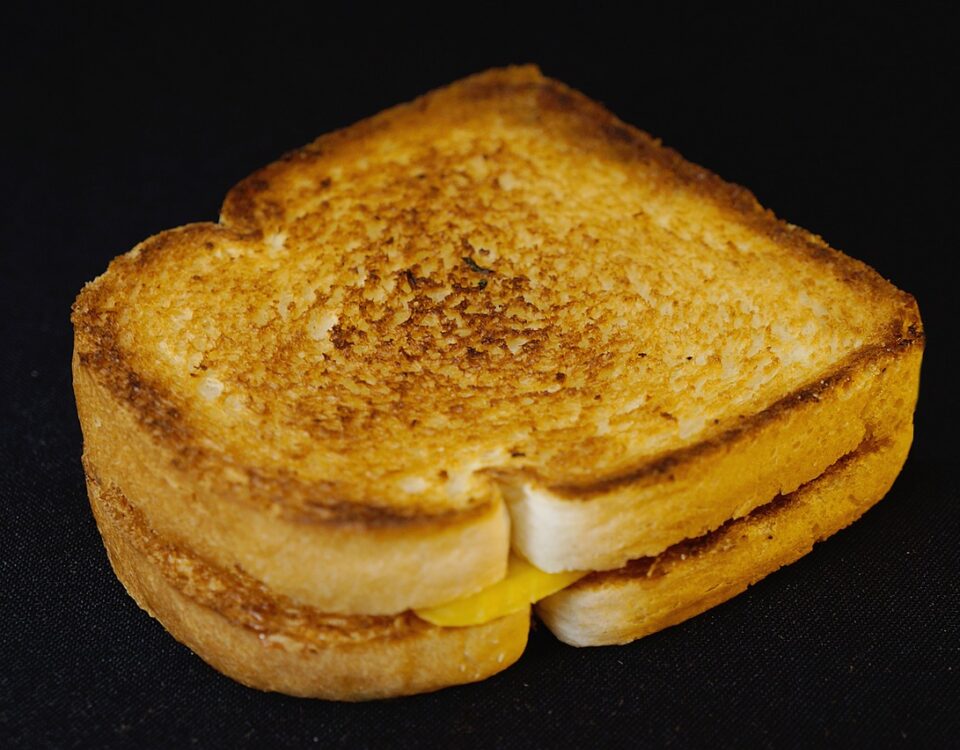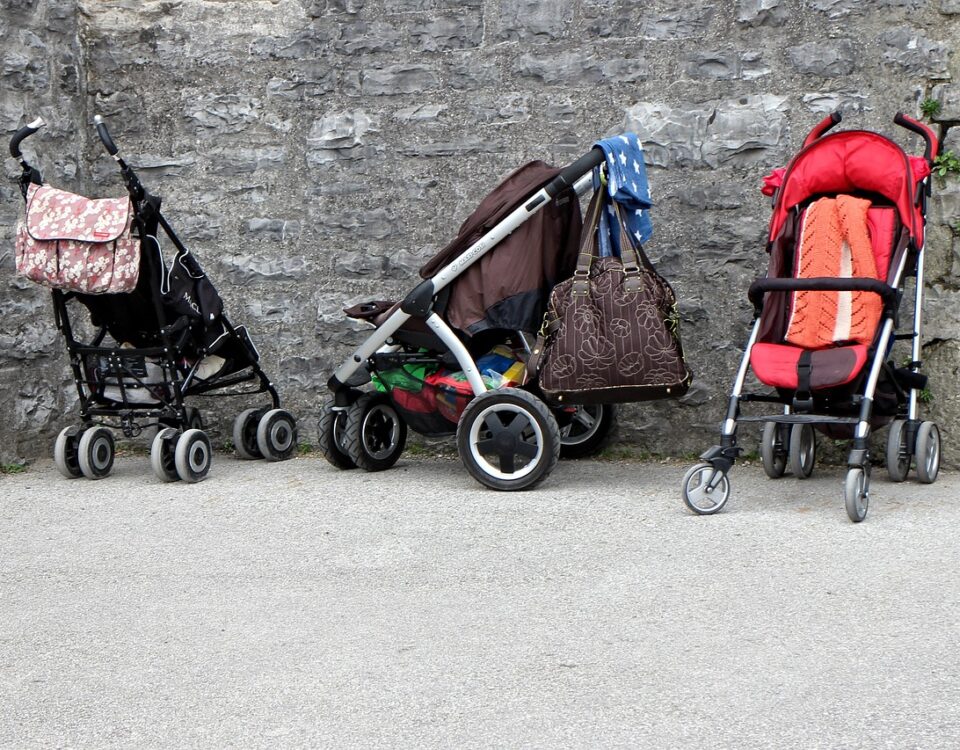
Six Twists in Our Supply Chain
October 7, 2021
October 2021 Friday’s e-links: A New Way to Teach Economics
October 8, 2021The Affordable Care Act’s labeling mandate was supposed to make us eat fewer calories. Now Google has a similar goal for emission facts.
Let’s take a look.
Google’s Emission Facts
Two days ago, Google added emissions information to its flight search results. Telling us if a trip creates “higher, typical, lower, or unknown emissions,” Google lets us use environmental criteria to determine our travel plans. The trip’s altitude and distance and the plane’s age, model, and speed can determine its green score.
In the following 17 seconds, Google gives us a taste of our options:
The result could be a United non-stop Boeing 737 flight from the Washington D.C. area to Chicago because it pollutes 21 percent below the median. Then, you can stay in a Google “eco-certified” hotel and use Google Maps to drive your rental car along a fuel efficient route.
BUT…
Will all of this information make a difference? Not necessarily.
Calorie Labels
During 2018, the larger restaurant chains posted the ACA mandated calorie labels. In one paper, a study was supposed to determine if the labels made people more knowledgeable. The answer was yes but not by very much. While accuracy was up by 4 percent, diners used it for for appetizers and entrées but not drinks or desserts. Somewhat similarly, another group of researchers looked at more than 67 million transactions at 104 fast food restaurants. Commenting on the “small improvements” that they observed after labeling (a 4.7 percent calorie decrease), they said menu labeling was a “promising strategy.” However, different interventions could have a more substantial impact.
At this point, let’s take the leap back to emissions. If they are at all like calories, knowing more might not make a huge difference. A behavioral economist could explain why.
Our Bottom Line: Behavioral Economics
Economics Nobel Prize winner Richard Thaler (with co-author Cass Sunstein) said we do respond to “nudges.” We select the default choice because it is easier and say “yes” when we hear that everyone is doing something. However, information nudges might not have the same power. Yes, the new knowledge could influence how we act. But it is also possible that we will demonstrate strategic self-ignorance or information aversion. In addition, we could display a “present bias” in which we prefer current benefits like convenient time and low price rather than a current sacrifice that has a future benefit.
Like calorie labels, accurate carbon footprint facts might not influence our airplane, hotel, or car choices.
My sources and more: Always handy, an NBER Digest article summarized the calorie label impact and returned me to this calorie study, this summary, and this fast food data. Then, for Google’s emission facts, this Washington Post article, this BBC podcast, and a Google explanation, were the perfect complement.
![econlifelogotrademarkedwebsitelogo[1]](/wp-content/uploads/2024/05/econlifelogotrademarkedwebsitelogo1.png#100878)




